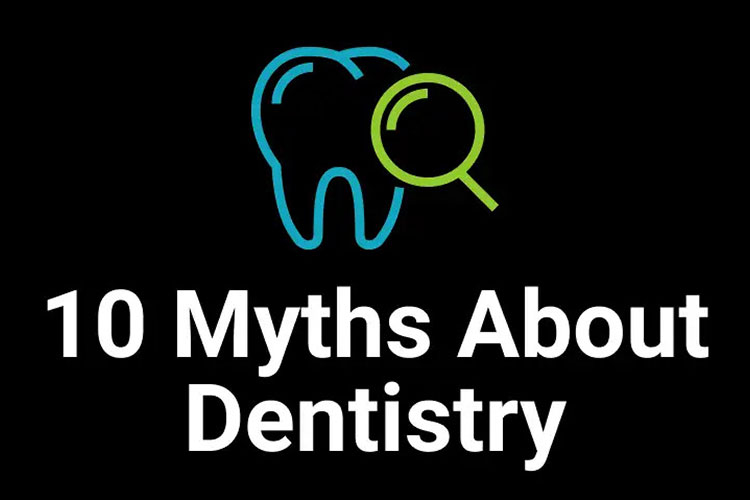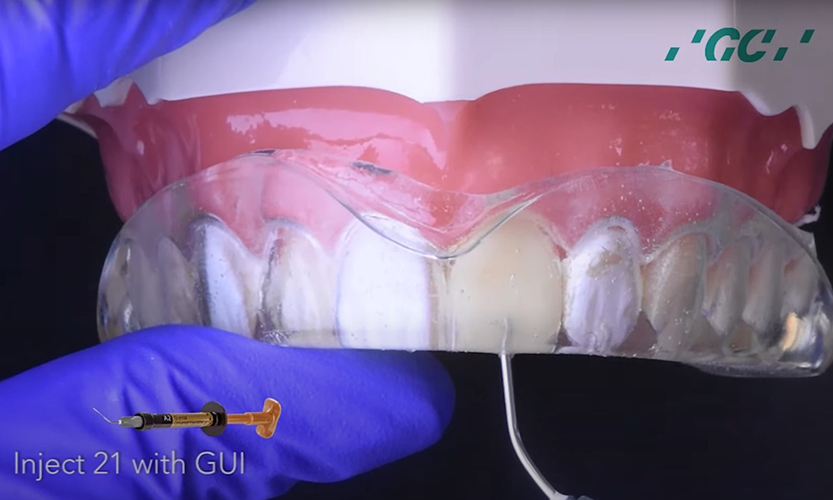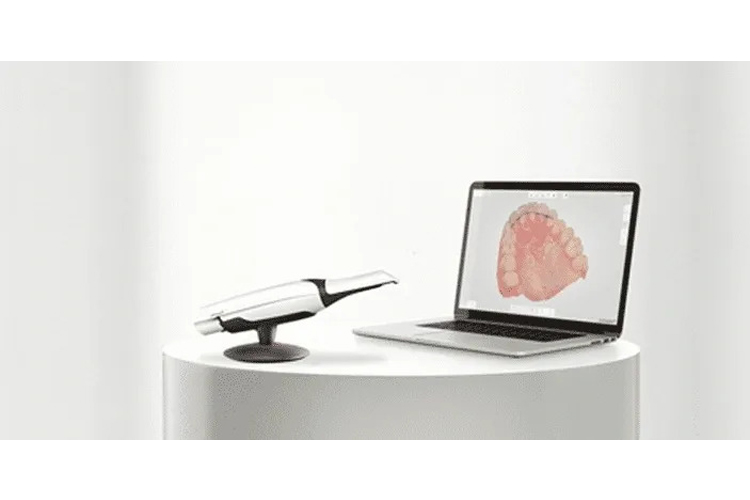Dental health is an essential aspect of all-around health, and people often believe in various myths about dental care.
Unfortunately, these myths can lead to puzzlement and may result in inadequate dental hygiene practices or unnecessary treatments. This article will examine the top 10 dental myths and provide the truth behind them.
Myth 1: Brushing harder is better for teeth.
Many people believe brushing harder will result in cleaner teeth, but this is a myth. Brushing too hard can harm the enamel, the outer layer of the tooth. It can also cause gum recession, leading to tooth sensitivity and even tooth loss. Proper brushing technique involves gently brushing each tooth with a soft-bristled brush in a circular motion.

Myth 2: Sugar is the only cause of cavities.
While sugar can contribute to cavities, it is not the only cause. Cavities occur when microbes in the mouth create acid that erodes the enamel. This acid can come from any carbohydrate, including bread, crackers, and fruit. However, the commonness of consumption is more important than the type of carbohydrate, so it is best to limit snacking between meals and brush your teeth twice a day.
Myth 3: Baby teeth are not important.
Baby teeth, also known as primary teeth, are essential for a child’s evolution. They help children chew food correctly, develop speech, and hold space for adult teeth. If baby teeth are lost too early, it can cause the adult teeth to come in uneven or crowded, necessitating orthodontic treatment.
Myth 4: Whitening toothpaste can whiten teeth.
Whitening toothpaste can remove surface stains, but it cannot alter the natural color of the teeth. Therefore, for more deep stains, professional teeth whitening is required.
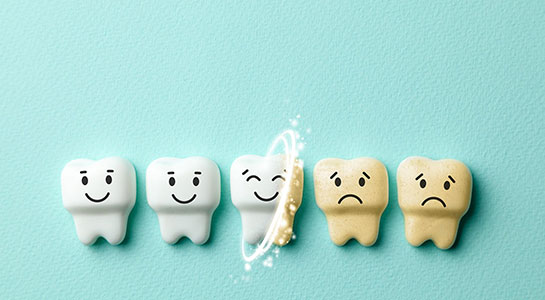
Myth 5: You only need to floss if food debris is between your teeth.
Flossing clears plaque, which can lead to gum disease and tooth decay. Therefore, it is important to floss at least once daily to release plaque between the teeth and along the gum line.
Myth 6: Mouthwash can substitute brushing and flossing.
Mouthwash can freshen breath and kill some bacteria, but it cannot replace brushing and flossing. Brushing and flossing are necessary to remove plaque and food particles from the teeth.

Myth 7: You should brush immediately after eating.
Brushing immediately after eating can hurt the enamel. It is because when we eat, the pH of our mouth becomes acidic, and it takes about 30 minutes for the pH to return to baseline. Brushing during this time can injure the enamel, so it is best to wait at least 30 minutes before brushing.
Myth 8: Root canals are painful.
Root canals are often associated with discomfort, but the procedure is usually not painful. Dr. Hawryluk uses local anesthesia to numb the site. The objective of a root canal is to relieve pain and save a damaged or infected tooth.
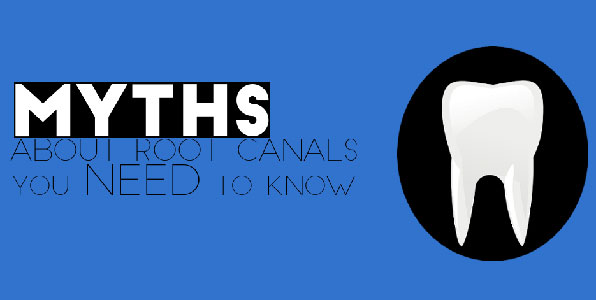
Myth 9: Gum disease is only a concern for older individuals.
The cause of gum disease is plaque buildup, which can happen at any age. Therefore, it is necessary to brush and floss regularly to stop gum disease, which can lead to tooth loss.
Myth 10: If your teeth look and feel good, you don’t need to see a dentist.
Routine dental check-ups are essential for preserving good oral health. Dr. Hawryluk can detect issues early and deliver treatment before they become more severe.
In conclusion, many fables surround dental health, but it is essential to remove fact from fiction.
- Sleep Dentistry: Enhancing Comfort and Care During Dental Procedures - July 11, 2024
- The Revolutionary Injection Molding Technique for Composite Veneers - June 27, 2024
- Why Are Third Molars Called “Wisdom Teeth”? - June 19, 2024



